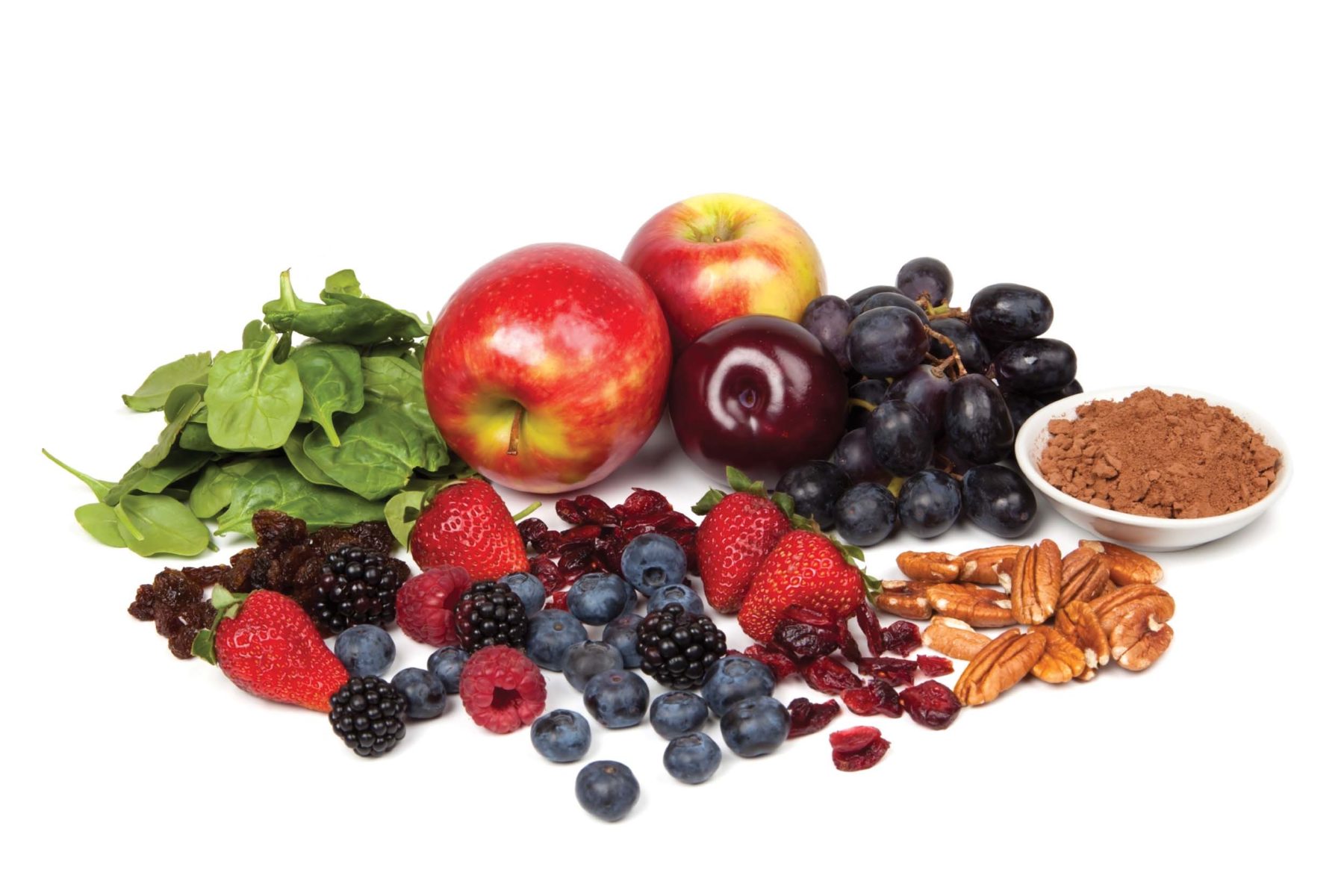Seasonal Eating and Mood Boost

Seasonal eating could give you that mental health boost you need.
While many people experience ups and downs throughout the year, even without seasonal affective disorder, studies show that symptoms from mental illness spike seasonally. Which means for many, winter is marked by increases in anxiety, depression, eating disorders, OCD, ADHD and more. For most people, these symptoms drop in the summer.
The cause? As it turns out, there is a correlation to the nutrients your body is able to get in abundance during the summer—largely, vitamin D and omega 3 fatty acids. As much as the available daylight hours might make a difference, it might also be what you’re eating throughout the year.
People with seasonal depression may be put on medication or given light therapy, but often a change in diet is the key.
Food and your brain.
Diet has a huge impact on your brain—particularly in your hippocampus, which plays an important role in establishing mental health. Studies show that changes in diet can have a significant impact on this part of your brain, and eating seasonally can help you take control of your diet and align yourself with your external environment.
The natural cycle of the sun and the way plants grow is in sync with your body’s needs. Fall fruits can help your body transition to heavier winter produce, while spring vegetables, like lettuce and other leafy greens, are full of water and vitamins to help your body revitalize itself after darker winter months. Summer produce is usually hydrating (think watermelon and berries), keeping your body cool as you enjoy the sunshine.
However, according to Austin-based food author, Anand Bhatt, “Seasonal eating isn’t necessarily a function of what month it is, but more about whether it is cold and dry out versus hot and humid.”
Bhatt recommends paying attention to weather typical of your own area in order think about proper seasonal eating for yourself. For example, Austin tends to stay warm and humid. Austinites can adapt their diets in such a way to maximize mental health benefits. As it turns out, yogurt might be a good place to start.
“Yogurt has a cooling effect on the body and the probiotics will do wonders for your system,” Bhatt says.
Harvard researchers recently performed a study showing probiotics can ease symptoms of anxiety and depression by improving the balance of bacteria in your gut.
If you find yourself struggling with feelings of loneliness and exhaustion, or “adrenaline fatigue,” Bhatt suggests eating more “wintery” foods, such as squash and lentils, to give your body a carbohydrate boost.
Connecting seasonal eating with other lifestyle changes.
Trent Morrison, a seasonal planner for Just Energy in Texas, explains that certain lifestyle diets, such as vegetarianism/veganism and eating organically, often rely heavily on seasonal food.
“When you’ve decided to transition to a vegan diet, focusing on the fruits and vegetables that are in-season can be a great way to maintain your new lifestyle and help you explore new foods and recipes,” Morrison says.
Since Texas is a huge state with different climates, the variety of foods throughout the year is extensive—which is great if you’ve decided to incorporate seasonal eating into your overall health and wellness planning.
Some great summertime foods grown in Texas include corn, chickpeas, cucumbers, potatoes, onions, and okra, as well as an abundance of fruits. Summer produce is easy, especially with farmers markets in full swing, but planning for winter is something that will need a little extra focus.
“For winter foods, you really want to prioritize omega-3s and vitamin D,” says Parinaz Samimi, M.P.H., a wellness expert with Mattress Firm, Samimi recommends eating nutritious proteins, like salmon and eggs, which can give you a good vitamin D kick.






